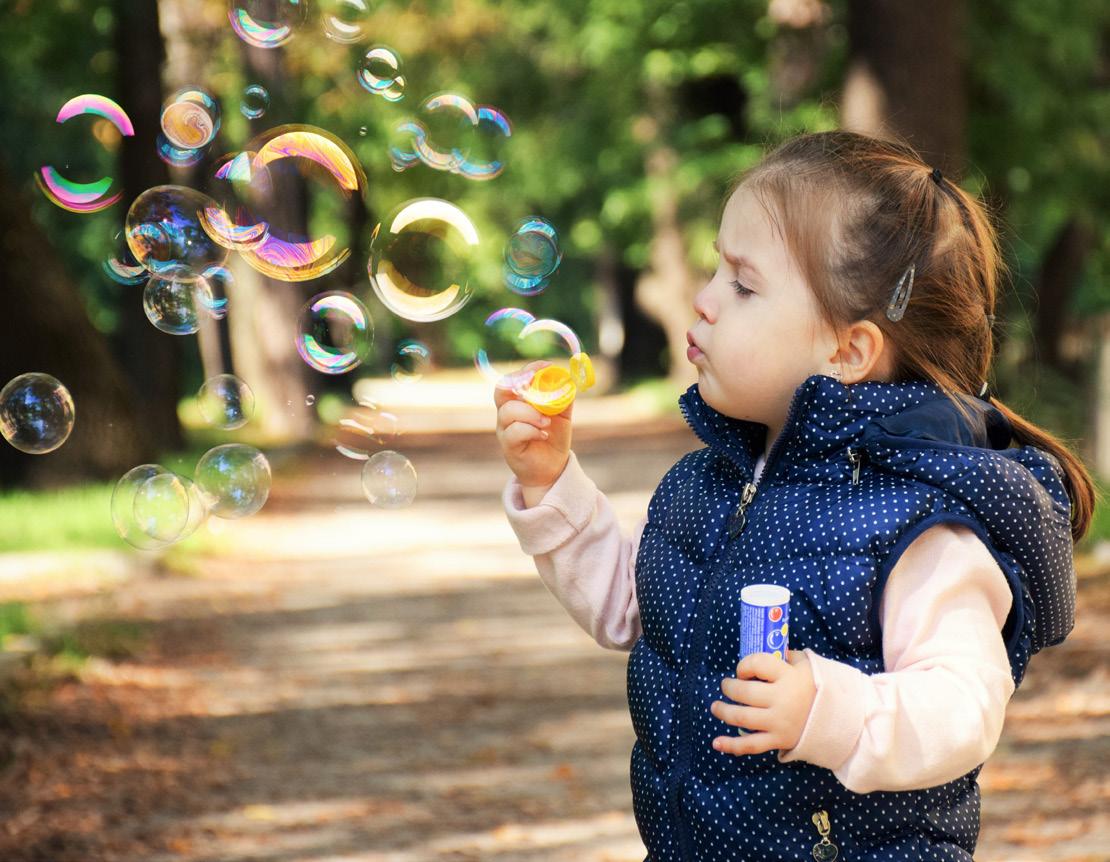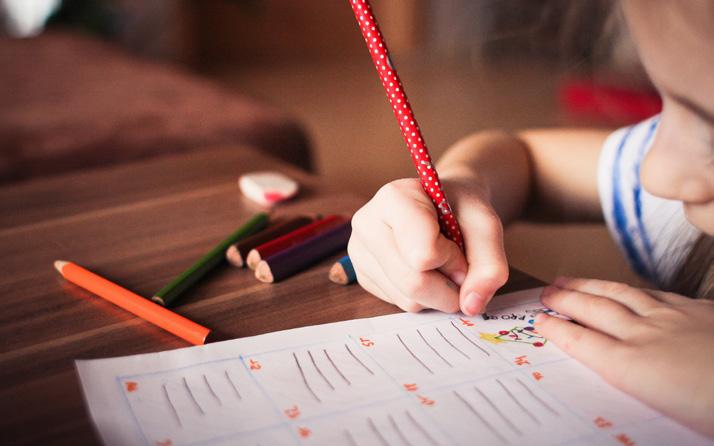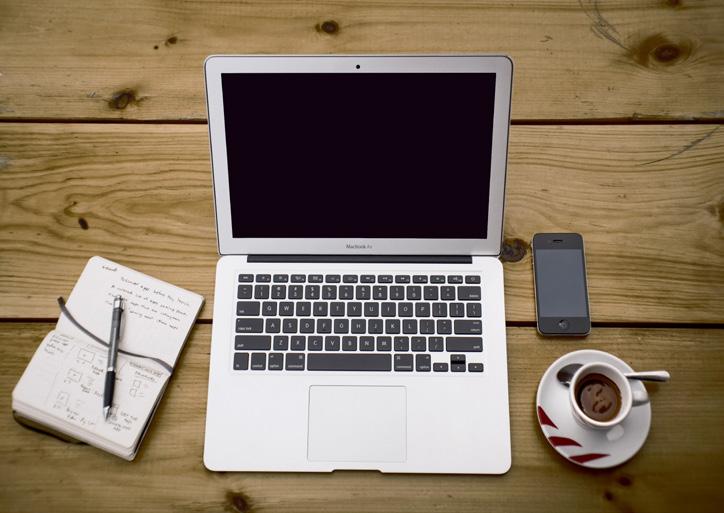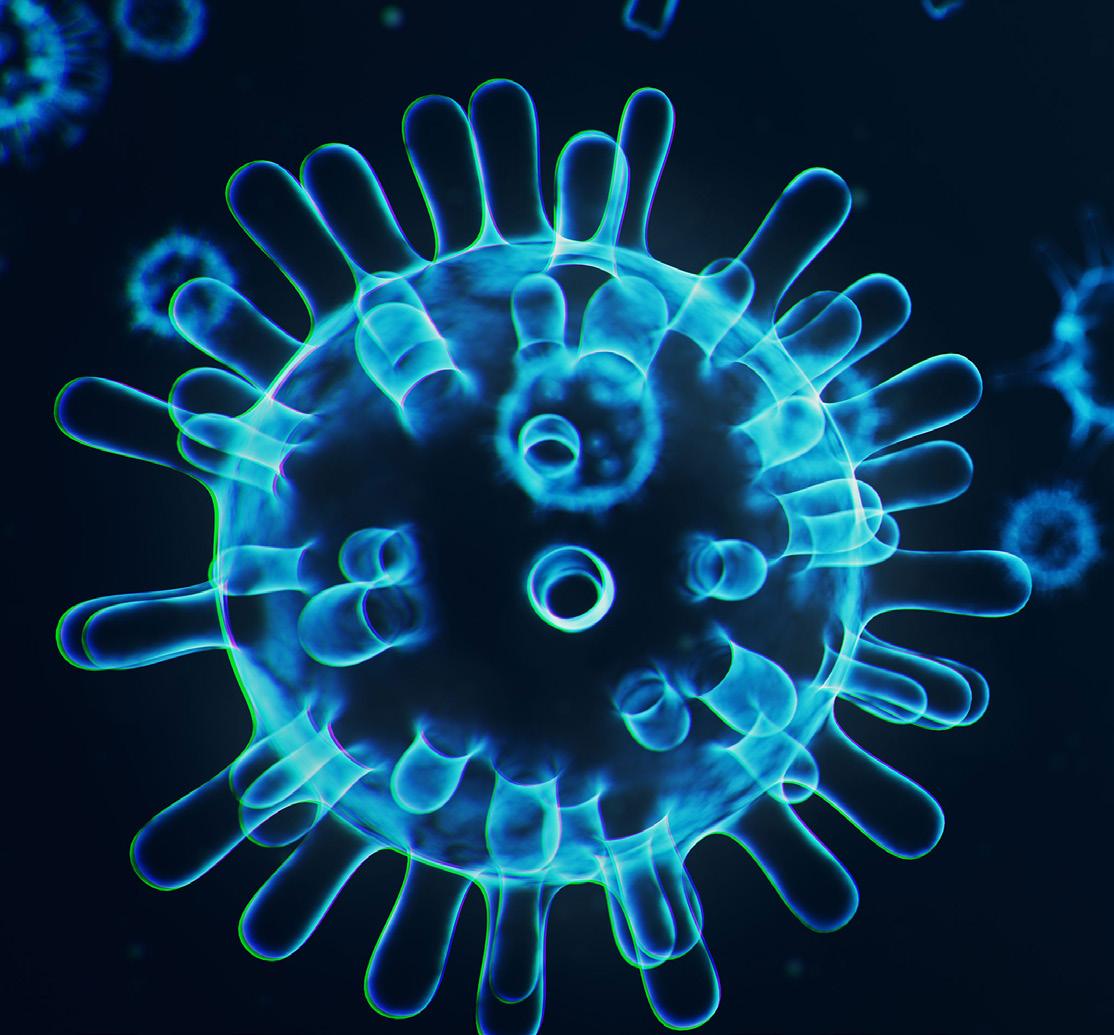
4 minute read
Mental Health Matters
“…the media tends to focus on the more morbid reports about CV; the doom and gloom narrative, rather than give a balanced update.” We are certainly facing unprecedented times in 2020 and with this health crisis upon us, we have all had to consider how to modify the way we live. As we watch a number of aspects of our lives changing around us, from our social connectedness to our daily routines, with interruptions to going to work, generating an income, navigating the many fears that surround the world at this present time, anxiety, uncertainty, then distress is most certainly a normal response. With all that is going on, it is super important to look after not only our physical health, but also our mental and emotional health and wellbeing. There is a wealth of information available on mainstream and other social media sources about the Corona Virus (CV) and, while it is really important to be informed about this, the media tends to focus on the more morbid reports about CV; the doom and gloom narrative, rather than give a balanced update. We need to be discerning about the information we absorb and protect ourselves from added stress and anxiety that can also have an impact on our general mental, emotional and physical wellbeing. Health professionals recommended limiting how much you read, watch and listen to about the CV, stay informed but be mindful that it is not consuming you (Beyond Blue, 2020). Seek to also explore the feel-good recovery stories to balance your perspective on the actual reality. Locate sources of information that are credible like the WHO or your local health reporting agencies to find balanced reliable information. By Derran Heney Mental Health Professional Mental Health Matters Covid 19 - Surviving at home


Maintain balance: It is easy to succumb to fear based thinking, but a good way to unwind from thoughts that tend to take us off course, is to keep reminding ourselves of the facts surrounding CV. - For most people the risk of becoming seriously ill is low (80% of cases have been found to be asymptomatic or mild) - We have a good health system with good testing facilities for early detection/treatment - We have the advantage of learning from other countries what worked well for them. - There are easy things we can all do to keep healthy (Centre for Disease Control and Prevention, 2020)
Educating children and teenagers: It is good to maintain constant awareness of the way we react and respond to CV around our children. Small children and teenagers may become extremely fearful, if we too are demonstrating anxiety or discussing fear-based stories. We can however, discuss the facts in a balanced way as outlined above, but also include how we can protect ourselves from transmission of the virus.
Focus on informing children about washing their hands. For example, make it fun by researching the internet and practice together. Educate children as to why it is important to maintain social distance especially in public areas, to reduce the spread of germs. By doing this, children become able to talk about their fears, and, feel informed and confident about finding solutions and managing their feelings. Read more here; https://www.cdc.gov/coronavirus/2019-ncov/daily-life-coping/ talking-with-children.html
Talk about other things: Ensure conversations are balanced; include a range of topics - not just focused on CV impacts.
Develop a fun, new routine Keep children entertained with conversation, games, school work, books and fun activities, and go outdoors. Be sure to keep yourself and children connected to their friends and family via media or telephones. This is a great way to help everyone feel that they are not entirely shut off from the world. Use the time to enjoy what you are doing, consider what projects you have wanted to do, but have never found the time for.

Home schooling & working from home: Home schooling principles do not follow the usual six hour a day school hours. Mostly children work for a few hours across the day but then take breaks for exercise, meals and fun activities. For more ideas check this article out https://www.google.com/ amp/amp.abc.net.au/arti

Some hot tips for working from home: - Create a designated tidy work space with good ergonomics. - Keep distractions to a minimum and take regular breaks. - More information check out: https://www.blackdoginstitute.org.au/news/ news-detail/2020/03/24/working-from-home-a-checklist-tosupport-your-mental-healthduring-coronavirus
Get some physical activity Make sure you schedule time to tend to your physical health, with fresh air, sunshine, going for a walk or enjoying a run. It’s important for the whole family to get out and have a change of scenery.
If you need further assistance or are worried about someone, Make a call!
Lifeline 13 11 14 Kids Helpline 1800 551 800










